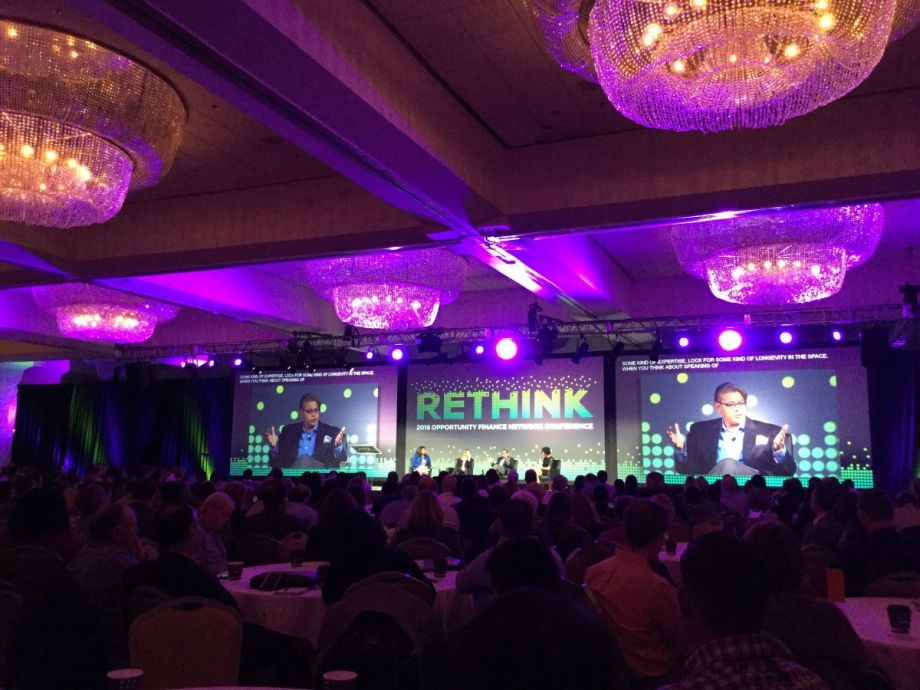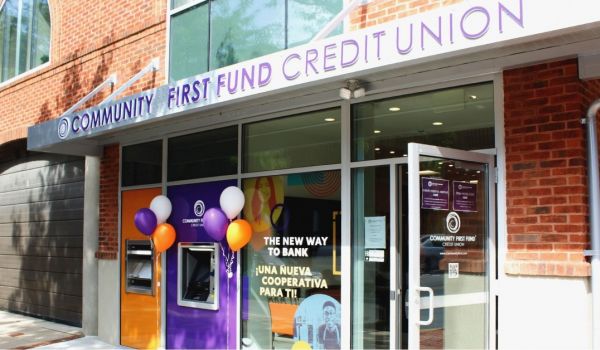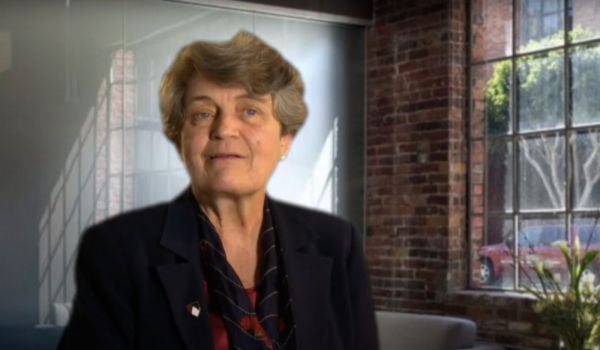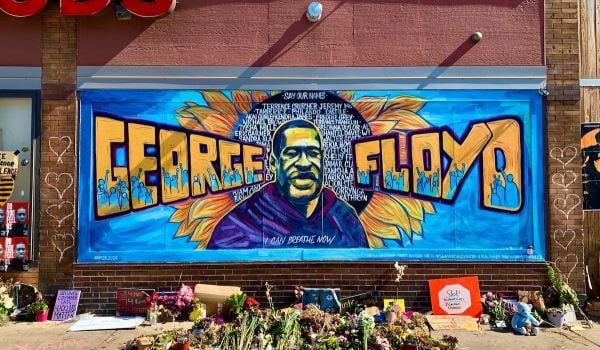In any given city, you are surrounded by impact investing opportunities. Affordable housing, federally qualified health centers, small businesses, minority- and women-owned businesses, and local businesses are all ways to invest your money while helping solve problems like homelessness, disease, lack of quality jobs, income inequality, wealth inequality and more.
Will your investment portfolio earn as much as if you concentrated only on financial return? Maybe not, but more and more, investors care about more than financial return. In this year’s annual U.S. Trust Insights on Wealth and Worth Survey, 83 percent of surveyed millennials already have or are interested in making impact investments. Those millennials stand to inherit $30 trillion over the next several decades.
Finding out how to make those impact investments can be difficult, even for professional wealth managers who get paid to look for investments that meet their clients’ needs. But clients are asking for it — Goldman Sachs, not exactly the world’s most socially conscious investment bank, felt enough demand from clients that last year it acquired an impact investing firm to increase its ability to find and make impact investments.
If you can’t acquire your own impact investing firm, or even if your job at Goldman Sachs is finding impact investing opportunities for clients, a new online platform promises to make it easier. It’s called the ImpactUs Marketplace.
“We are looking for organizations that seek intentional social impact,” says Elizabeth Sessler, vice president for client engagement. “We do take a broad definition of social impact because we believe that impact is in the eye of the investor.”
ImpactUs is one of a wave of new investment crowdfunding platforms. Investment crowdfunding is similar to Kickstarter or IndieGoGo, in that you visit a website, search and browse opportunities, and put your money into one or more projects. Investment crowdfunding is different from those other platforms, though, in that you will actually get paid back for your investment over time.
Investment crowdfunding platforms promise to democratize many kinds of investing that, until technology and new federal regulations existed, have only been available to the super-rich or to institutional investors like mutual funds, retirement and pension funds or insurance companies. SeedInvest is an investment crowdfunding platform for startups, Neighborly is a platform for municipal bonds, and Fundrise is a platform for real estate.
It won’t be impossible for impact investing opportunities to make their way onto those other platforms, but ImpactUs is one of the few investment crowdfunding platforms that will only list impact investing opportunities. In addition to that, ImpactUs has another unique feature: deep roots in the community development financial institution (CDFI) industry.
“It started with a group of 12 CDFIs,” says Sessler, who incubated the project at Enterprise Community Loan Fund, one of the country’s largest CDFIs, before spinning it off as an independent organization. “About half the groups already had [investment] notes that they were selling on a door-to-door basis … the other half were contemplating putting one together.”
CDFIs are specialized banks, credit unions, loan funds and venture funds that focus their lending, investing and services on low-to-moderate income neighborhoods, especially neighborhoods that were historically redlined. Some of the oldest CDFIs started out as a bunch of civil rights activists and supporters meeting in church basements and deciding that their contribution would be to start a bank, credit union or loan fund dedicated to serving their underserved community.
When it was just a group of folks from the same neighborhood, it was easier to sell shares door-to-door and start a bank. City National Bank, a black-owned CDFI bank in Newark, New Jersey, got started in 1973 when 1,800 investors from Newark bought $1.2 million in shares. Many of the original shareholders are still around.
CDFIs today get their capital from a wide range of sources. According to data from the U.S. Treasury, which certifies CDFIs, deposits at CDFI banks and credit unions are still CDFIs’ largest source of capital. Banks are CDFIs’ next largest source of capital, including large mainstream banks and smaller regional and community banks, motivated by the Community Reinvestment Act to provide both grants and debt to CDFIs. ImpactUs promises to open up a new source of capital for the CDFI industry — individual investors, whether on their own or through their financial advisors.
“ImpactUs will be a resource that we look to in order to meet our capital requirements, and an important new part of the infrastructure for our industry,” says Vicky Stein, vice president for strategic partnerships at the Community Reinvestment Fund (CRF), a Twin Cities-based CDFI loan fund that works in 48 states plus the District of Columbia. Since its founding in 1988, CRF has received at least 40 investments from banks, foundations, insurance companies, religious institutions and others.
ImpactUs will allow institutional investors, advisors and individual investors to search and browse for impact investing opportunities based on interest area (health, education, the environment, etc.), geography, investment type (debt or equity), investment term and financial return. They’ve spent the past year building out the back-end infrastructure, including satisfying federal requirements to serve as an online investment crowdfunding platform under the Title III JOBS Act rules, which went into effect earlier this year. The result of all that back-end work is a single portal where organizations can list and investors and advisors can find and make any kind of impact investment outside of the stock market.
“We began a number of conversations with financial advisors and other financial professionals, and heard a number of times [that] the way that the platform would truly add value to their practice, was if they could hold all their private debt and equity impact products in one place,” says Sessler. “And of course many of those investors are invested far beyond the CDFI space.”
Financial advisors and professionals are gatekeepers to tremendous pools of capital, like the $25 trillion in U.S. retirement assets, or $5.8 trillion in insurance company assets. Foundations have $865 billion in total managed assets, a tiny pool by comparison, but much more likely to shift over to impact investment opportunities especially after some key IRS rule clarifications last year.
In 2015 alone, CDFIs provided capital to more than 12,300 businesses, financed more than 25,300 affordable housing units, and opened more than 13,500 new bank accounts for people who were previously unbanked. Take just one aspect, say health, and the impact of CDFIs supporting jobs and housing in low-to-moderate income neighborhoods is clear.
For those who have never talked to their financial advisor about where their retirement assets are invested, maybe now is the time.
The Equity Factor is made possible with the support of the Surdna Foundation.

Oscar is Next City's senior economic justice correspondent. He previously served as Next City’s editor from 2018-2019, and was a Next City Equitable Cities Fellow from 2015-2016. Since 2011, Oscar has covered community development finance, community banking, impact investing, economic development, housing and more for media outlets such as Shelterforce, B Magazine, Impact Alpha and Fast Company.
Follow Oscar .(JavaScript must be enabled to view this email address)
















